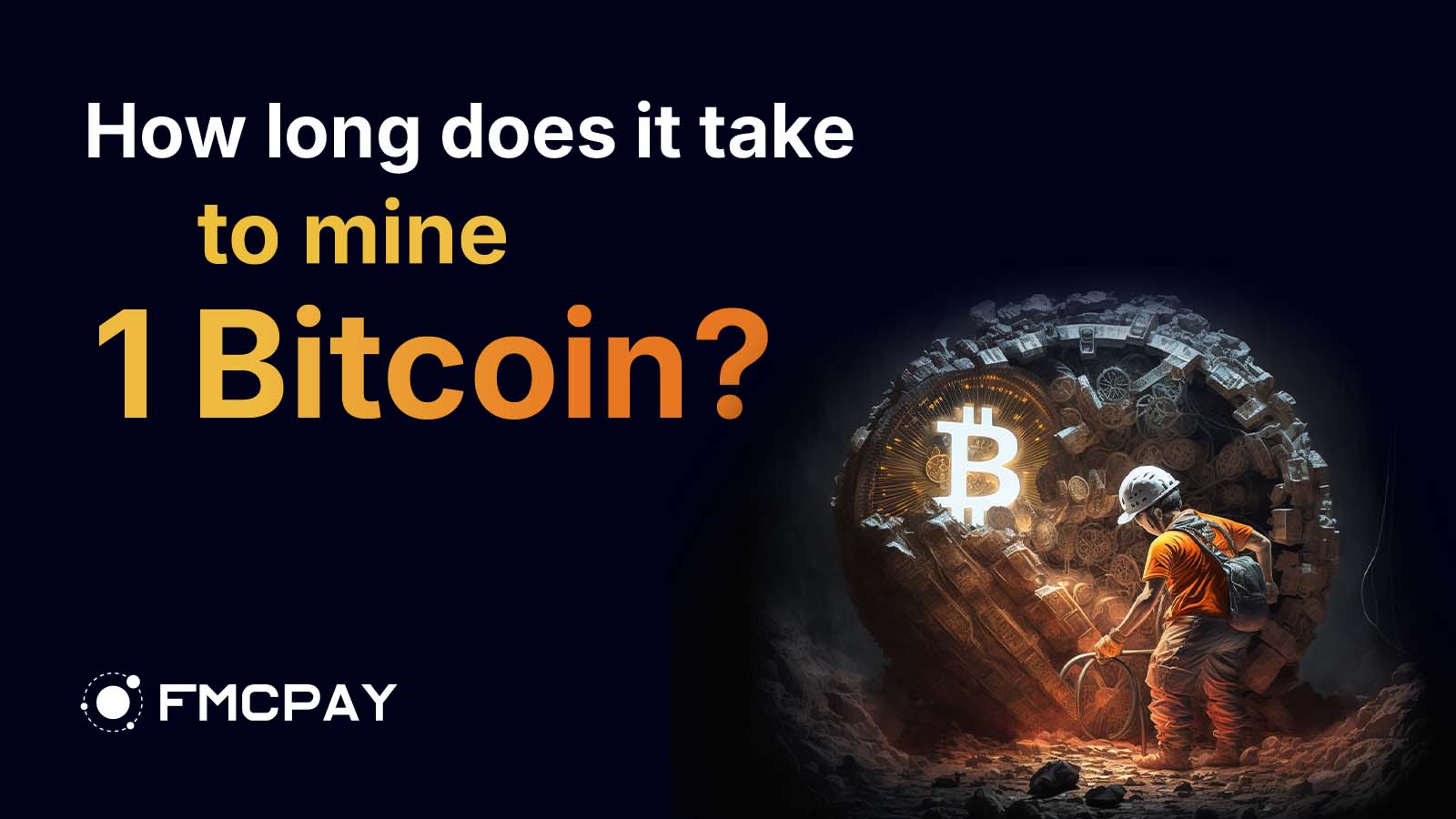Mining Bitcoin is one of the most critical processes in cryptocurrency, enabling transaction verification and maintaining the blockchain’s integrity. Many beginners may be wondering: how long does it take to mine 1 Bitcoin? The answer depends on a range of factors including hardware, network complexity, and mining strategies.
Join FMCPAY in this article to explore these aspects and uncover strategies to optimize mining speed.
1. What is Bitcoin Mining?
Bitcoin mining is the process by which new Bitcoins are created and transactions are verified on the blockchain network. It serves as the backbone of the Bitcoin ecosystem, ensuring its security, decentralization, and functionality. This computational process involves solving complex mathematical problems, which require significant computational power.
Miners use their computers to compete in solving these cryptographic puzzles, and the first to do so gets to add a new block of transactions to the Bitcoin blockchain. As a reward for their work, the successful miner receives tokens of Bitcoin, a concept known as a block reward (block subsidy).
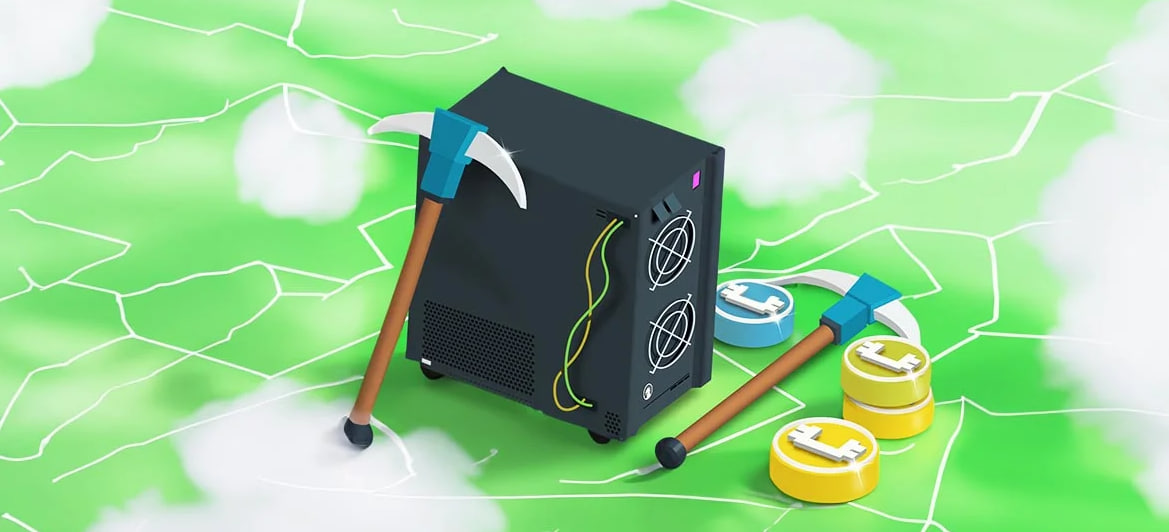
In essence, Bitcoin mining is a sophisticated process that combines mathematics, technology, and economic incentives to secure the blockchain. For those curious about how long does it take to mine 1 Bitcoin, first you need to understand the intricacies of this system and the variables that influence mining time.
Mining serves two fundamental purposes in the Bitcoin network:
- Transaction Verification: Each transaction is bundled into blocks. Miners validate these blocks, ensuring they meet the network’s consensus rules before adding them to the blockchain. This process prevents fraud.
- Bitcoin Issuance: Mining introduces new Bitcoin into circulation. Since there is a finite supply of 21 million Bitcoin, mining also ensures controlled distribution.
Miners act as decentralized accountants for the network. By competing to solve puzzles, they maintain the blockchain’s integrity and decentralization. Their efforts are rewarded with Bitcoin, which motivates them to continue supporting the network.
Bitcoin mining is energy-intensive, as it relies on Proof-of-Work (PoW), a consensus mechanism that ensures security through computational effort. This energy consumption directly impacts how long it takes to mine 1 Bitcoin, as efficient energy use and hardware are critical to reducing costs and speeding up the process.
2. Key Factors That Determine Mining Time
Understanding the factors that affect how long does it take to mine 1 Bitcoin is essential for both new and experienced miners. These variables can drastically influence mining efficiency and profitability.
2.1. Hash Rate: The Speed of Problem-Solving
The hash rate measures the speed at which a miner’s hardware can solve cryptographic puzzles. It’s expressed in hashes per second (H/s). A higher hash rate means a miner can solve puzzles faster, directly impacting how quickly Bitcoin can be mined.
- Modern ASIC Miners: Machines like the Antminer S19 Pro have hash rates exceeding 100 TH/s (terahashes per second), significantly reducing the time needed to mine Bitcoin.
- Older Equipment: Outdated GPUs and CPUs offer much lower hash rates, increasing the time required to accumulate rewards.
- Hash Rate Competition: The overall network hash rate determines the competitive landscape, influencing how long does it take to mine 1 Bitcoin.
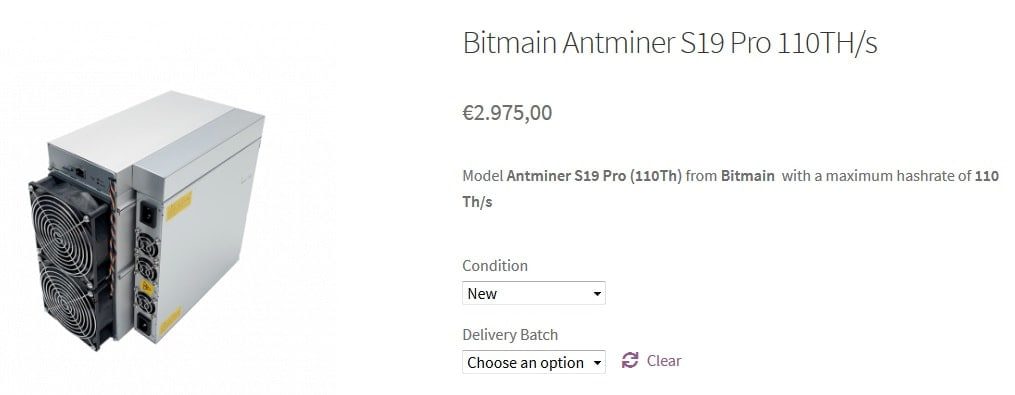
2.2. Mining Difficulty: Dynamic Adjustments
The Bitcoin network adjusts its mining difficulty approximately every 2,016 blocks (about every two weeks). This adjustment ensures that blocks are mined roughly every 10 minutes, regardless of the number of miners or their hash rates.
- Rising Difficulty: When more miners join the network, mining becomes harder, increasing the time it takes for smaller miners to earn Bitcoin.
- Falling Difficulty: If miners leave the network, difficulty decreases, potentially speeding up the time it takes to mine 1 Bitcoin.
2.3. Mining Hardware: Efficiency is Key
Mining hardware plays a pivotal role in determining how long does it take to mine 1 Bitcoin. Newer, more efficient hardware solves puzzles faster while consuming less electricity.
- ASIC Miners: Highly specialized and optimized for Bitcoin mining, they are the most efficient choice. Examples include the Antminer S19 XP and WhatsMiner M50S.
- GPU Mining: While still used for some cryptocurrencies, GPUs are far less effective for mining Bitcoin due to their lower hash rates.
- Hardware Longevity: Regular maintenance and updates ensure your mining rig continues to perform optimally.
2.4. Energy Costs and Efficiency
Mining Bitcoin is energy-intensive, and electricity costs are a significant factor in profitability and mining speed.
- Energy-Efficient Locations: Miners often set up in areas with low electricity rates or access to renewable energy, such as hydropower or solar.
- Efficient Operations: Using the latest hardware reduces energy consumption and speeds up mining time.
2.5. Solo Mining vs. Pool Mining
The choice between solo and pool mining significantly affects how long does it take to mine 1 Bitcoin.
- Solo Mining: In this setup, miners rely solely on their own hardware. Without substantial computational power, it could take years to mine 1 Bitcoin.
- Pool Mining: By joining a pool, miners combine their hash rates with others. This collaborative approach divides the rewards but drastically reduces the time it takes to earn Bitcoin.
3. How Long Does It Take to Mine 1 Bitcoin Block?
The answer to this question is quite simple. On average, the Bitcoin blockchain confirms a block every 10 minutes. This means that every 10 minutes, the first miner to solve the cryptographic puzzle receives some amount of Bitcoin as the block reward.
In addition to the block reward, miners also earn transaction fees from the transactions included in the block they successfully mine, further adding to their earnings.
4. How Long Does It Take to Mine 1 Bitcoin?
In reality, no one can definitively know how long does it take to mine 1 Bitcoin because there is no fixed answer. This uncertainty stems from a factor known as “mining difficulty.” Mining difficulty is a dynamic parameter that determines the computational power required to mine a Bitcoin block (or hashing power). It adjusts every 2,016 blocks based on the total mining power currently active on the Bitcoin network.
When Bitcoin launched, the block reward was 50 Bitcoins. However, this reward is halved after 210,000 blocks are mined (approximately every four years), and this event is known as the Bitcoin Halving. The most recent halving took place in 2024, cutting the reward to 3.125 Bitcoin per block.
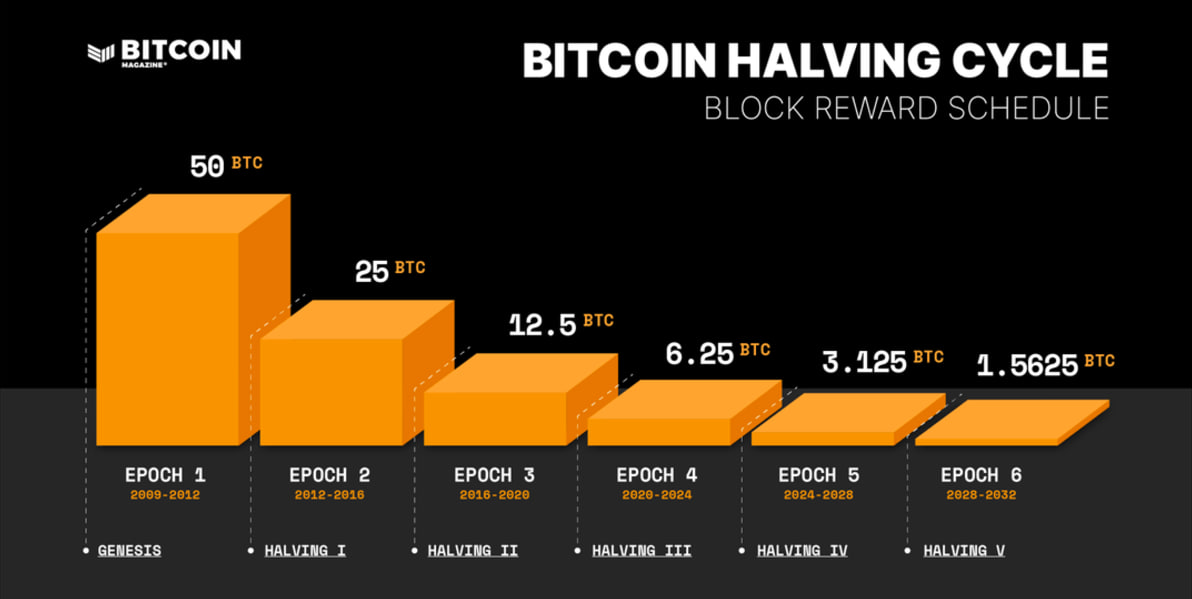
Overall, the primary factors influencing how long does it take to mine 1 Bitcoin include:
- The current and future mining difficulty.
- The current and future size of transaction fees.
- The hashing power of the mining hardware being used.
So, how long does it take to mine 1 Bitcoin? The answer varies depending on many factors. For example, with a Bitmain Antminer S19 Pro, it would take about 1,133.5 days to mine 1 Bitcoin under the current difficulty level while factoring in transaction fees. Ultimately, the time required depends on your hardware’s efficiency and the mining setup you choose.
- Related topic: When Is BTC Halving? Expert Countdown Guide & Insights
5. Speed Hack Method for Bitcoin Mining
While it used to be possible to mine Bitcoin using a regular home computer, those days are long gone. The energy requirements and specialized equipment needed for mining Bitcoin today make solo mining highly impractical for most individuals. Competing against a global network of miners with advanced setups means the chances of mining a block solo, sadly, are extremely slim.
Mining pools provide a more realistic solution to speed up speed. By pooling computational power, miners work together to solve blocks and share the rewards proportionally. This approach significantly shortens how long does it take to mine 1 Bitcoin for individual participants.
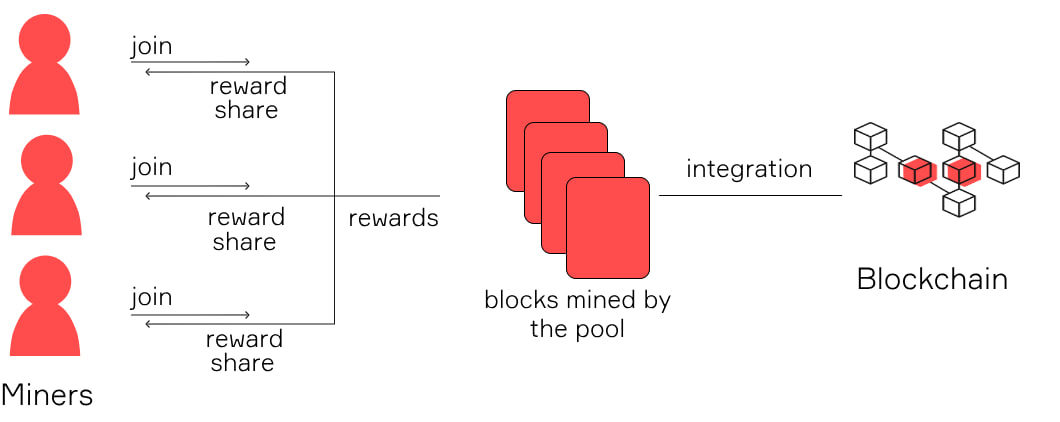
Cloud mining services offer another option, allowing users to rent hash power without investing in costly hardware. Users pay for a portion of the mining power and receive Bitcoin rewards based on their contribution.
While solo mining Bitcoin might not yield significant rewards today, alternative cryptocurrencies with lower difficulty, like Monero or Dogecoin, can still be mined solo. For Bitcoin, however, mining pools or cloud mining are the most efficient ways to optimize how long does it take to mine 1 Bitcoin.
6. The Future of Bitcoin Mining
As the Bitcoin network continues to grow and the rewards diminish due to halvings, how long does it take to mine 1 Bitcoin will depend on these developments.
6.1. Technological Advancements in Mining
The efficiency of mining hardware has dramatically improved over the years, reducing energy consumption while increasing computational power. Future innovations could make mining faster and more cost-effective, potentially impacting how long does it take to mine 1 Bitcoin. Quantum computing and artificial intelligence may play a role in reshaping the mining landscape, although their adoption remains speculative.
6.2. Economic and Regulatory Challenges
As block rewards decrease after each halving, transaction fees will become a more critical source of income for miners. This shift could influence miners’ profitability and their ability to sustain operations. Furthermore, increasing scrutiny from governments over energy use and cryptocurrency regulations could impact the growth and accessibility of Bitcoin mining.
Conclusion
The question of how long does it take to mine 1 Bitcoin does not have a one-size-fits-all answer. It depends on factors such as mining difficulty, hardware efficiency, and the mining method that you choose. As technology continues to evolve, innovations will likely impact mining efficiency and profitability, reshaping how miners approach the process.
To learn more about mining trends, Bitcoin, and other crypto insights, visit FMCPAY now and stay ahead in this dynamic space.

